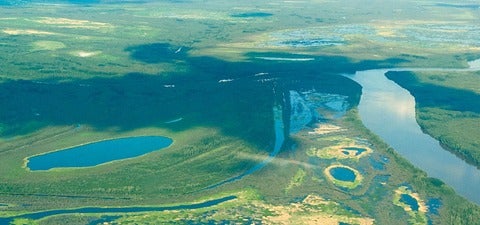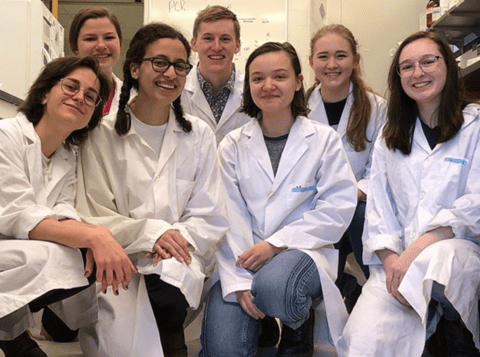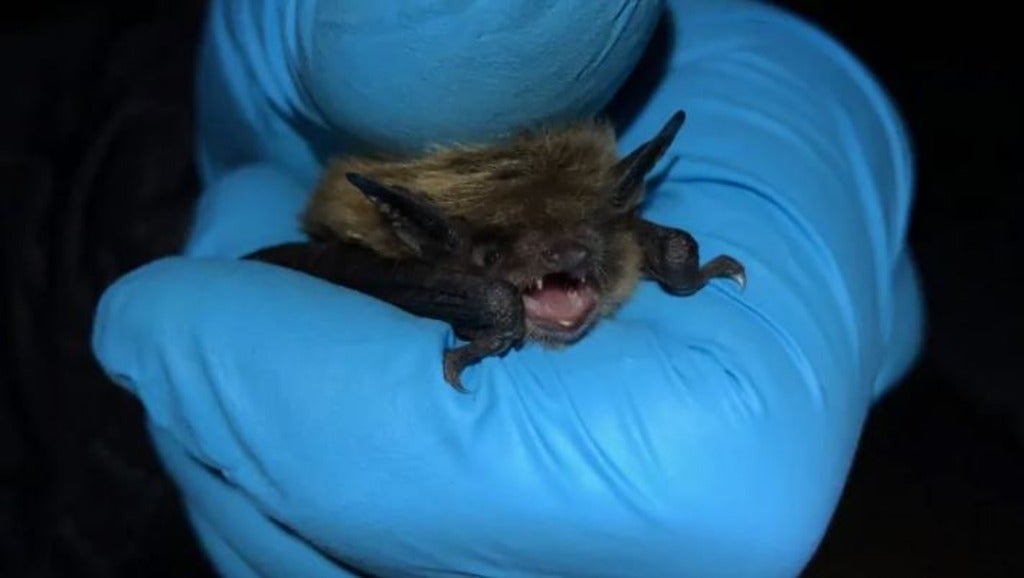Spencer Weinstein wins prestigious Vanier Scholarship
Last week, the 2020 Vanier Scholarship award winners were announced. Among the prestigious group were three Faculty of Science graduate students - Finnian Gray (Physics & Astronomy), Christian Ieritano (Chemistry) and Spencer Weinstein (Biology).
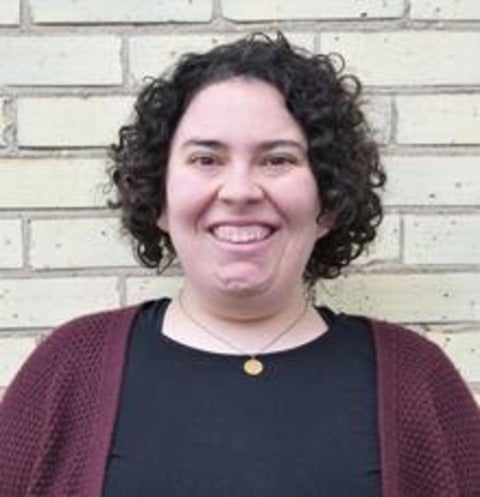
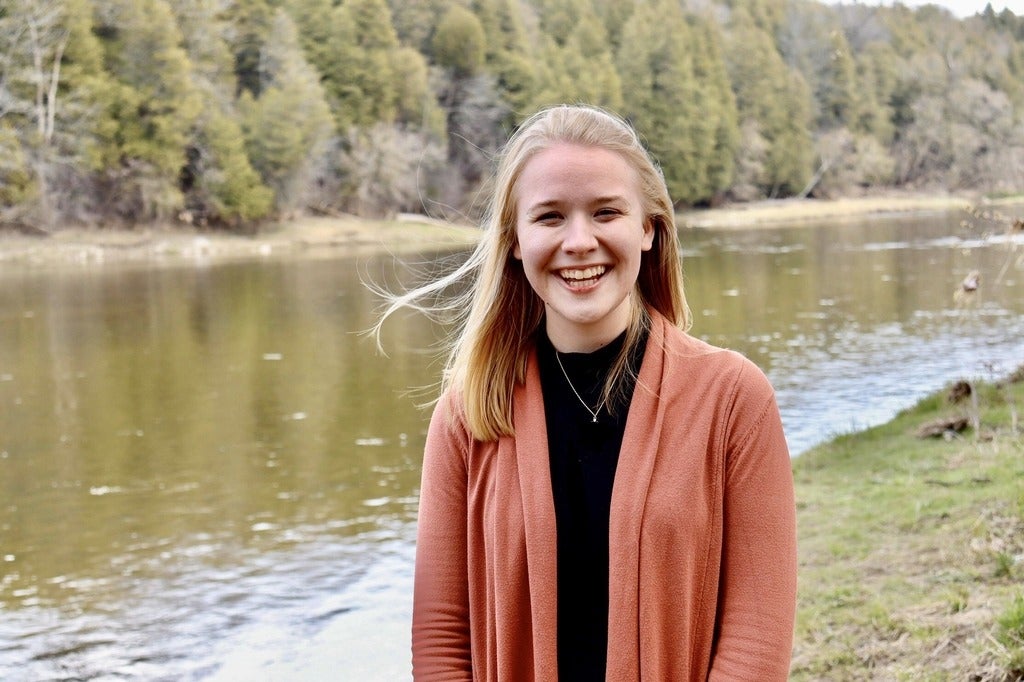

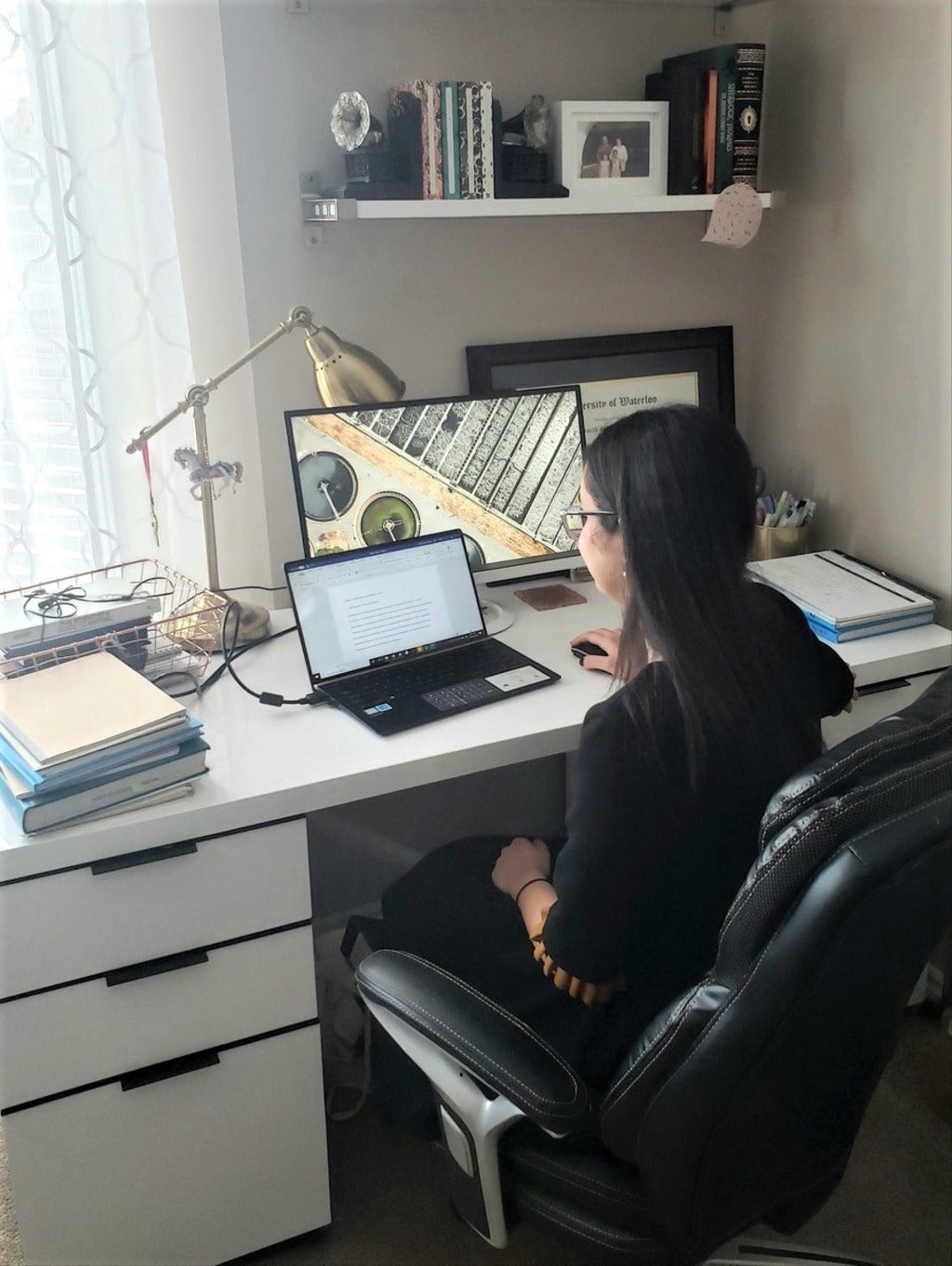
 Sarah Al-Ajeel is a master’s student in biology and is mid-way through her degree.
Sarah Al-Ajeel is a master’s student in biology and is mid-way through her degree.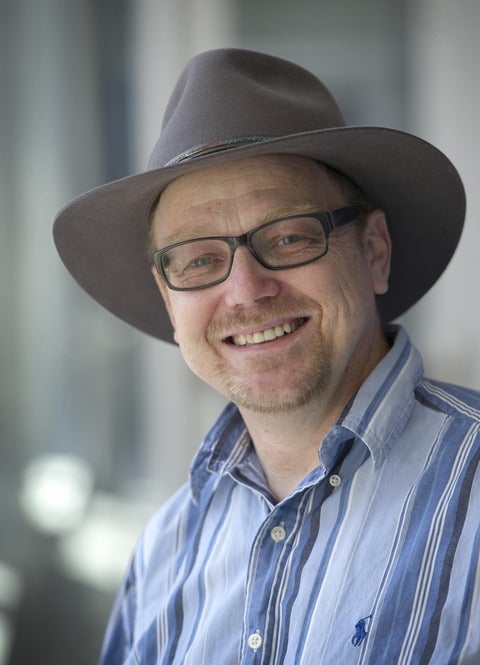
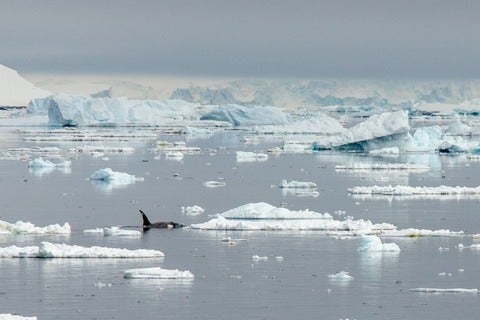
 Antarctica is a cold, mostly barren continent, defined by its isolation and snow. It is also a place that has been set aside for peace and science. The challenges of this desolate and harsh environment provide the necessary surroundings to foster teamwork and collaboration for those living and researching there.
Antarctica is a cold, mostly barren continent, defined by its isolation and snow. It is also a place that has been set aside for peace and science. The challenges of this desolate and harsh environment provide the necessary surroundings to foster teamwork and collaboration for those living and researching there.
